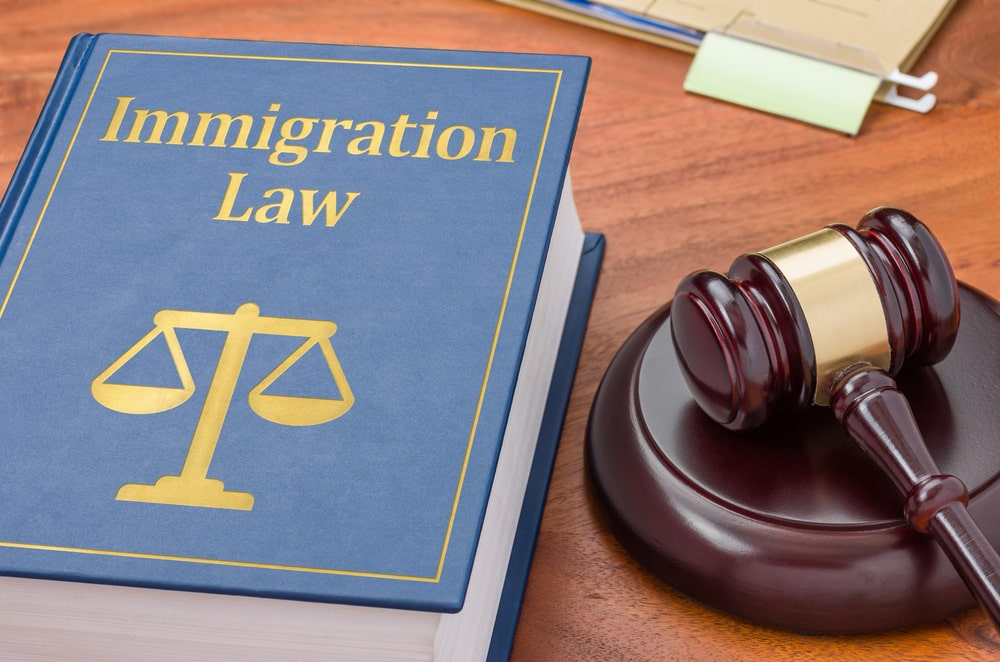Adoption is a beautiful way to grow a family, providing a child with a loving home and a brighter future. However, when adoption crosses international borders, it brings a host of legal considerations and procedures, particularly concerning immigration. Understanding how adoption works with immigration is crucial for prospective adoptive parents. An immigration lawyer can attest to the complexities involved in this process, emphasizing the importance of being well-informed and prepared.
The Hague Convention
The Hague Convention on Protection of Children and Co-operation in Respect of Intercountry Adoption is an international treaty designed to ensure that intercountry adoptions are conducted in the best interests of the child. Countries that are signatories to the Hague Convention must follow specific procedures to protect children involved in international adoptions.
When adopting a child from a Hague Convention country, prospective parents must work with an adoption agency accredited or approved by the U.S. Department of State. The process typically involves a home study, background checks, and meeting the eligibility requirements set forth by both the child’s country of origin and the United States. It can be helpful to have a lawyer with you through all this to ensure you are meeting all the proper requirements.
Non-Hague Adoption Process
For adoptions from non-Hague Convention countries, the process differs slightly but still involves several critical steps. Prospective parents must comply with the immigration laws of the child’s country of origin and the United States. This usually involves obtaining an adoption decree or a custody order for the purpose of adoption from the foreign country.
After securing the necessary legal documentation, the child must be granted an immigrant visa to enter the United States. This process can be intricate, and working with an experienced lawyer can help get you through the legal requirements and ensure that all paperwork is correctly completed and submitted. Unfortunately even if one paper is missed or a signature is not completed in a timely manner, it can render an adoption null and void, which is why it is important to work with an attorney.
Immigrant Visas For Adopted Children
There are two main types of immigrant visas for adopted children: the IR-3 and the IR-4 visas. The IR-3 visa is issued to children adopted abroad by U.S. citizens who have met the child in person before or during the adoption process. Once the child enters the United States with an IR-3 visa, they automatically acquire U.S. citizenship.
The IR-4 visa is issued to children who are to be adopted in the United States or where the adoptive parents did not meet the child before the adoption process. Children entering the United States on an IR-4 visa do not automatically become U.S. citizens. The adoption must be finalized in the U.S., after which the parents can apply for the child’s citizenship.
Reach out to an attorney near you for more information on this process.
Citizenship For Adopted Children
The Child Citizenship Act of 2000 allows foreign-born children adopted by U.S. citizens to automatically acquire U.S. citizenship, provided certain conditions are met. These conditions include the adoption being finalized, the child entering the U.S. under an IR-3 or IR-4 visa, and the child being under 18 years of age.
For children who enter the U.S. under an IR-4 visa, citizenship is not automatic until the adoption is finalized in the U.S. and the necessary paperwork is filed. It is essential for adoptive parents to follow through with these steps to ensure their child’s citizenship status is properly established.
Legal And Emotional Considerations
Adopting a child from another country involves numerous legal steps, but it is also a deeply emotional journey. Understanding the cultural, social, and legal background of the child’s country of origin can help smooth the transition for both the child and the adoptive family. It is important to be patient and compassionate, recognizing that the process, while challenging, ultimately aims to provide the child with a stable and loving home.
Consulting with a knowledgeable lawyer can provide clarity and assistance throughout the adoption process. Our friends at The Andres Lopez Law Firm want to underscore that experienced legal support is the best way to get through the complexities of intercountry adoption and immigration, ensuring that all requirements are met and the child’s best interests are prioritized.
Adoption combined with immigration presents a unique set of challenges and rewards. The ultimate goal is to provide a loving, permanent home for a child in need, a goal that makes all the effort worthwhile. If you are interested in this process, contact a lawyer near you for help.

